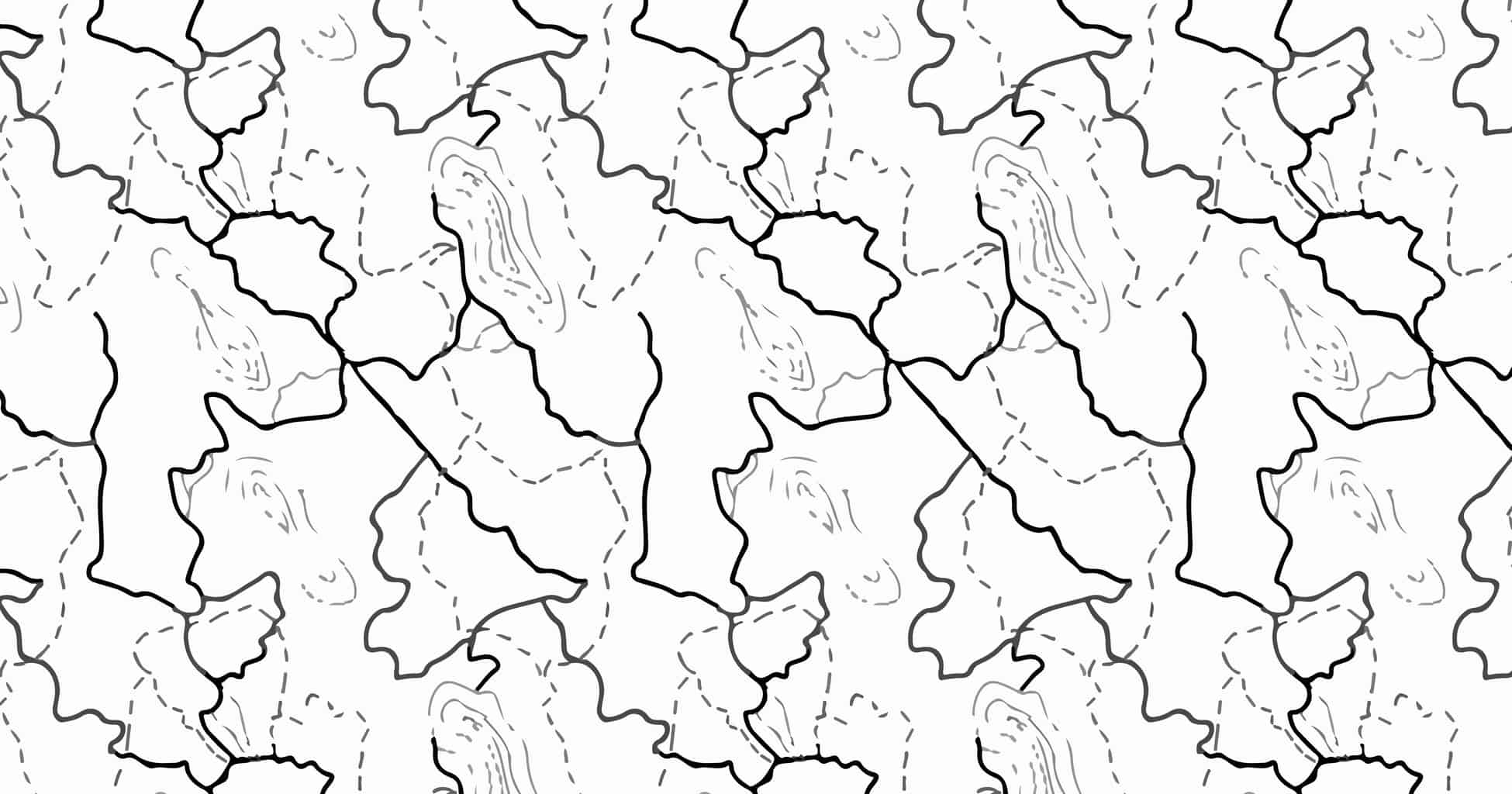Burundi
Burundi
August 2015 marked the 15th anniversary of the Arusha Peace and Reconciliation Agreement, which ended thirteen years of ethnic-based civil war in Burundi between the Tutsi minority and Hutu majority.
Recently, the security situation has deteriorated as the result of disagreement over President Pierre Nkurunziza’s bid for a third term, resulting in violent demonstrations, excessive force against protesters, an attempted coup, and arrests of civil rights leaders. Women have been active in the political unrest, and staged the first major protest against the president’s third term bid. However, violence against women operates in a culture of impunity, with women experiencing rape, torture, and enslavement.
Based on the work of NGOWG members and their partners, the NGOWG advocates for full implementation of the government gender quota of 30%, and equal and meaningful women’s participation in designing and implementing human rights protection mechanisms.
Current and Past Recommendations to the UN Security Council (Monthly Action Points)
The Council is expected to consider the final report of the United Nations Office in Burundi (BNUB) and discuss the establishment of the United Nations Electoral Observation Mission in Burundi (MENUB) which is set to begin operations on 1 January 2015, replacing BNUB. The Council should ensure that gender is a cross-cutting issue across MENUB’s work. Further, women’s full participation as candidates, voters and monitors should be promoted, and women’s civil society organizations should be engaged in any violence prevention efforts in the lead up to, during and after the election.
Relevant Resources





